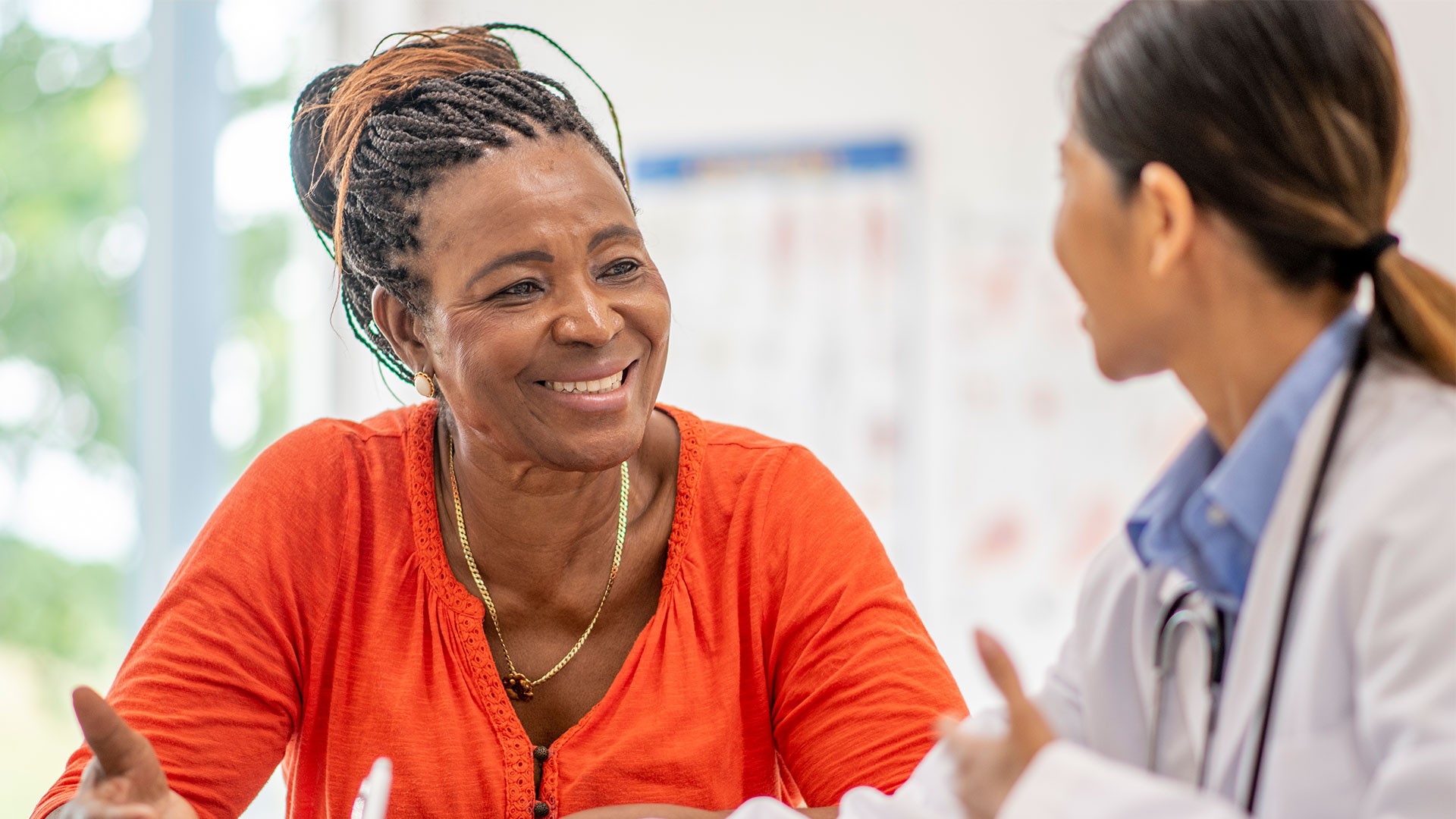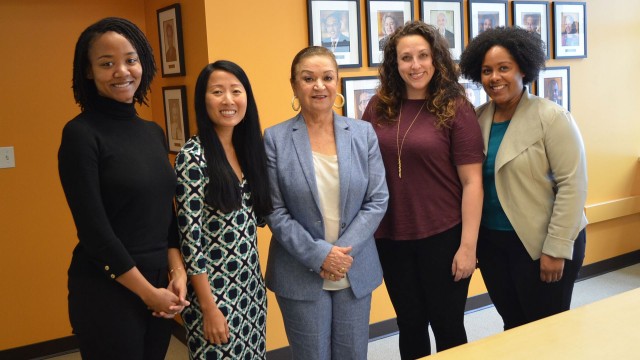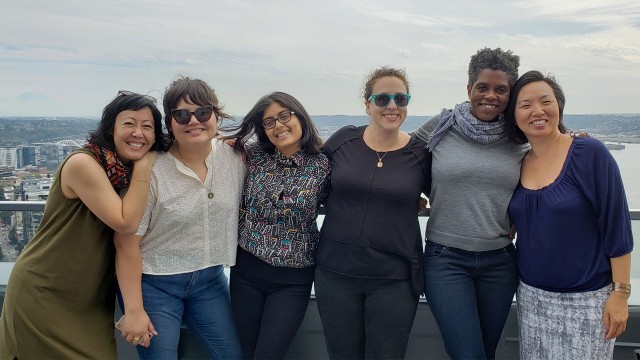
Aly Schock is currently a program officer at Headwaters Health Foundation and is part of the third cohort of Philanthropy Northwest's Momentum Fellowship program.
As a healthcare provider in my previous career, I learned over the last decade that you can get more done in a clinical setting by intentionally talking less and letting the patients lead the conversation. I may have asked my patients a few clarifying questions to make sure I understood and asked if I could make suggestions that they could implement into their lives. But other than that, my patients would tell me everything I needed to know to make a diagnosis and find the best treatment they were willing to apply. Hopefully, I had done my job so that the treatment suggestions were appropriate and doable for the patient to create the desired outcome. Otherwise, what a waste of time for all of us.
Let’s be clear, this blog is not about healthcare or the issues of that system. This is about relationships, trust and power. There is a true power dynamic in many institutions: philanthropy, healthcare, financial corporations and western ways in general. Is working with a “top down” mentality, meaning someone at the top must know more that the someone at the bottom, really the best way to work?
I went to school for a long time to learn about the human body, but I did not know anything about individuals coming into my clinic and their particular body system. There are complicated histories, relationships, accidents, trauma and strengths that play into that system. How could I possibly be so presumptuous to think that I know exactly what that system needs before I ask?
This past year I jumped out of the healthcare delivery system into philanthropy and systems change as a career choice. Through this transition, I recognized many parallels in these systems. I have learned that philanthropy is a messy system, just like healthcare! There is a lack of participatory granting and true, community-driven investments because philanthropy is holding on to power.
We need to do more listening in these systems. Just like my former patients, the communities I serve now know the history, relationships, trauma and strengths that make them unique. All I have to do is listen, ask a few clarifying questions and build a relationship with communities to create better outcomes and impact. Here’s how:
- Talk to the community. Find a community leader or organization with mission alignment (to learn more about how to talk to community, please watch this video).
- Let the community tell you (the funder or the program/evaluation team) what they need…. and listen.
- Fund the need without changing the plan, period.
- Have regular conversations with the community to make sure there is a partnership with the right stakeholders and leaders.
- Be an ally. Let your grantees call to give you feedback, tell you a story, ask you a question or problem solve with you.
Why are you talking? Are you an expert? Highly educated? Been in the field a long time? Published in journals?
Great! But no one in the community cares about accolades and your opinion when they are doing the work. So why are you still talking?
So, let’s stop talking and instead focus on shifting the power to the people that live and work in the communities we serve. Let them talk about the work, make decisions about the work and lead the work. And those of us in philanthropy can stop talking and step aside – that’s a shift in power.


